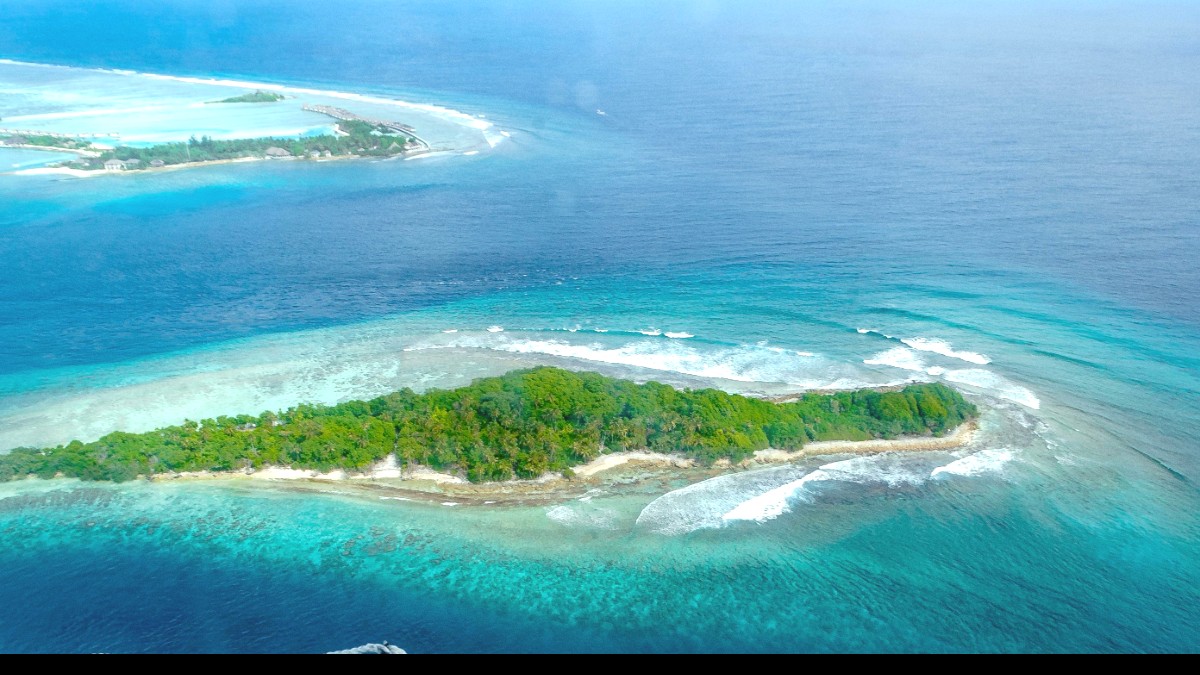
The islands have a rich Polynesian heritage, evident in their language, music, dance, and social structures. The dual system of traditional monarchies and French administration forms an unique governance model. Community life is central, with customs and ceremonies playing an important role.
Visitors have the opportunity to observe traditional dances (Kailao or Sasa), listen to local music, and engage with local artisans. Always approach cultural interactions with respect and an open mind. Seeking permission before photographing people is a good practice.
Look for traditional weaving (mats, baskets) and tapa cloth made from bark.
Experience traditional Polynesian singing and dance performances at community events.
Visit local markets for fresh fruits, vegetables, and seafood directly from local farmers and fishermen.
Visit local markets for fresh produce and prepared foods.
Many guesthouses offer home-cooked meals, a great way to taste local cuisine.
Few small eateries (snacks, basic dishes) exist, mostly in Mata-Utu.
Limited hotel restaurants have international and local dishes.
The islands' volcanic origins created a landscape of lush hills, dense tropical vegetation, and clear lagoons. The fringing reefs are home to diverse marine life, making snorkeling and diving popular activities.
Explore coral reefs and marine life in the clear lagoons.
Discover lush landscapes, volcanic lakes, and coastal paths.
Visit churches, ancient fortresses, and local villages to experience Polynesian traditions.
Life in Wallis and Futuna moves at a relaxed pace, strongly connected to traditional values and community ties. Visitors have an opportunity to experience authentic Polynesian daily life.
Buy handicrafts and products directly from local artisans.
Benefits island communities.
Be mindful of water and electricity usage, as these are limited.
Reduces environmental footprint.
Take all your rubbish with you and avoid disturbing natural sites.
Keeps the islands pristine.
Keep a respectful distance from wildlife, both on land and in the water.
Do not feed wild animals, as it can disrupt their natural behaviors and health.
Be careful not to damage coral reefs when snorkeling or diving.
Embrace the unique charm and tranquility of Wallis and Futuna. A well-prepared and respectful traveler finds a truly rewarding experience in this secluded paradise.
Engage respectfully with locals, learn a few phrases, and appreciate their hospitality.
Cash is dominant. Exchange currency before arrival and carry enough funds for your stay.
The islands offer a serene, uncomplicated experience, a welcome change from fast-paced modern life.
We hope your journey to Wallis and Futuna fills you with lasting memories of its beauty and culture. May you carry the warmth of Polynesian hospitality with you.
Come back soon to discover more of these enchanting islands!